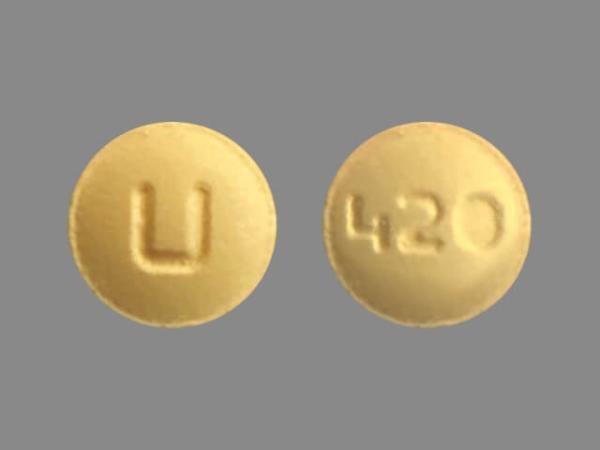Amitriptyline Interactions
There are 720 drugs known to interact with amitriptyline, along with 20 disease interactions, and 2 alcohol/food interactions. Of the total drug interactions, 145 are major, 549 are moderate, and 26 are minor.
- View all 720 medications that may interact with amitriptyline
- View amitriptyline alcohol/food interactions (2)
- View amitriptyline disease interactions (20)
Most frequently checked interactions
View interaction reports for amitriptyline and the medicines listed below.
- Abilify (aripiprazole)
- Adderall (amphetamine / dextroamphetamine)
- Ambien (zolpidem)
- Aspirin Low Strength (aspirin)
- Benadryl (diphenhydramine)
- Celebrex (celecoxib)
- Cymbalta (duloxetine)
- Fish Oil (omega-3 polyunsaturated fatty acids)
- Flexeril (cyclobenzaprine)
- Flonase (fluticasone nasal)
- Lexapro (escitalopram)
- Lyrica (pregabalin)
- Metoprolol Succinate ER (metoprolol)
- Nexium (esomeprazole)
- Norco (acetaminophen / hydrocodone)
- Paracetamol (acetaminophen)
- Prozac (fluoxetine)
- Seroquel (quetiapine)
- Singulair (montelukast)
- Synthroid (levothyroxine)
- Topamax (topiramate)
- Tylenol (acetaminophen)
- Vitamin B12 (cyanocobalamin)
- Vitamin C (ascorbic acid)
- Vitamin D2 (ergocalciferol)
- Vitamin D3 (cholecalciferol)
- Xanax (alprazolam)
- Zofran (ondansetron)
- Zoloft (sertraline)
- Zyrtec (cetirizine)
Amitriptyline alcohol/food interactions
There are 2 alcohol/food interactions with amitriptyline.
Amitriptyline disease interactions
There are 20 disease interactions with amitriptyline which include:
- anticholinergic effects
- cardiovascular disease
- pheochromocytoma
- acute myocardial infarction recovery
- cardiovascular disease
- seizure disorders
- bone marrow suppression
- diabetes
- renal/liver disease
- schizophrenia/bipolar disorder
- tardive dyskinesia
- acute alcohol intoxication
- bipolar disorder screening
- glaucoma
- hyper/hypoglycemia
- liver/renal disease
- neutropenia
- schizophrenia
- thyroid disorders
- urinary retention
More about amitriptyline
- amitriptyline consumer information
- Compare alternatives
- Pricing & coupons
- Reviews (1,813)
- Drug images
- Side effects
- Dosage information
- Patient tips
- During pregnancy
- Support group
- Drug class: tricyclic antidepressants
- Breastfeeding
- En español
Related treatment guides
Drug Interaction Classification
| Highly clinically significant. Avoid combinations; the risk of the interaction outweighs the benefit. | |
| Moderately clinically significant. Usually avoid combinations; use it only under special circumstances. | |
| Minimally clinically significant. Minimize risk; assess risk and consider an alternative drug, take steps to circumvent the interaction risk and/or institute a monitoring plan. | |
| No interaction information available. |
See also:
Further information
Always consult your healthcare provider to ensure the information displayed on this page applies to your personal circumstances.


